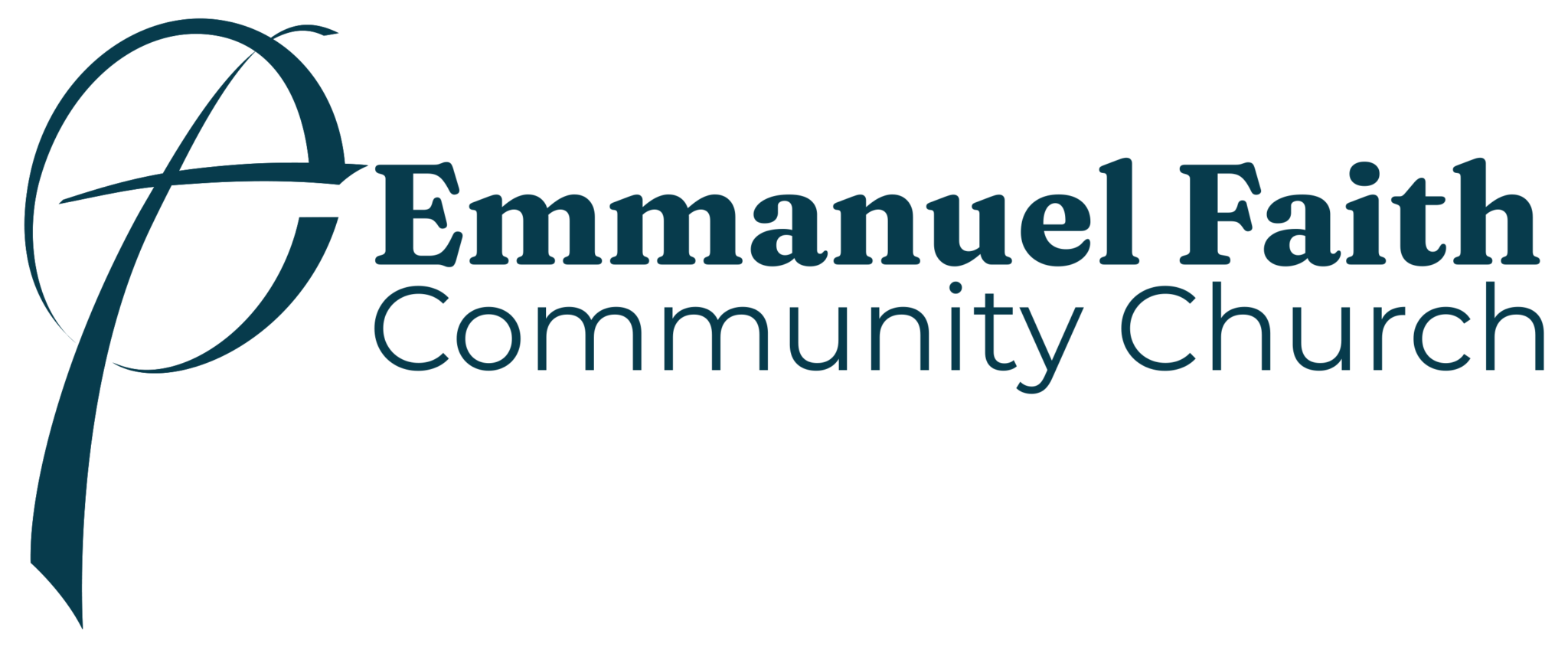The Sparks of Friendship
"As iron sharpens iron, so one person sharpens another."
Proverbs 27:17
Friendships that incorporate this proverb are usually stronger because they benefit from the hard-won trust. One had to confront the other about a flaw or spiritual misstep, expecting change. The other had to receive the confrontation, with humility, so that there could be positive change. Such things rarely go down without sparks flying and egos being bruised when the Holy Spirit and love aren’t involved. We are more or less warned about the inflammatory nature of such an endeavor if done with the wrong motivation.
When iron sharpens iron, they collide at such a speed and angle resulting in a very controlled amount of material being sheared off for the purpose of rendering a sharper blade. We see this with a spinning grindstone and a blacksmith pushing the edge of a dull blade to its moving surface. Sparks fly and the sword’s edge heats up with the friction, but with just the right angle and pressure, the sword ends up much sharper than it began.
There’s a certain confidence one can have from that kind of relationship. You know that they are truly invested and that they value your friendship if they went through such an ordeal, and took the risk of correcting you. When you engage in reciprocal correction, or speak truth to each other, you have a mutual bond of respect and a more godly relationship.
"A friend loves at all times, and a brother is born for adversity."
Proverbs 17:17
In Ecclesiastes 4:12, the Bible tells us that “though one may be overpowered, two can defend themselves. A cord of three strands is not quickly broken.” If we let the Holy Spirit enter into our friendship and intertwine with us, we will grow together, as the Spirit allows. It can be such a source of joy and just good old fun to lighten even the darkest times.
Jonathan Duncan
Sometimes We Gotta Learn a Lesson–Again!
I’m learning a lesson this week–again. Shamefully, I’ve learned this lesson before and God used it in my life mightily. I thought for sure I would never need to learn this lesson again. But here we are and here I am learning it again.
I don’t know about you, but I have a hard time asking for help. It makes it hard for the people who know me and love me because they want to help when they see I need it and I don’t make it easy for them. I don’t mean to. They offer, I say I’m all good and they walk away wondering if they should push it or let it go. I know this about myself so I’m working on it. But I have a few friends that have been bold enough to push. They call me out and basically tell me they are helping. They don’t really give me the option to decline. I value this so much because they know me, they know my weakness, and they are coming alongside and helping when I truly need it, even if I don’t know I need it myself. They are sharpening me by reminding me we all need help from time to time. Jesus created us for community and relationship and that’s what we do for one another. We help.
Proverbs 27:17 talks about iron sharpening iron. I see two roles here as it pertains to friendship and we need to be willing to play both. The first role is that of seeing the need or the struggle in another’s life and coming alongside to help, encourage, give wisdom, and listen. The second role I see is being willing to learn and grow when a friend comes to help. Sometimes we get to be role 1 and other times we get to be role 2. This week, I was in role 2. God has given us friendships and relationships to help us grow and learn and share. When we aren’t willing to be part of this, we miss out on a big blessing He has for us. And I think if we search our hearts, the only reason we may refuse the help of a friend is that we are prideful. I don’t want pride to get in the way of blessing. So when my friend texted me, knowing I was sick and would struggle to say yes to help, she made it easy for me. She said she knows I’m a terrible patient and she’d like to bring dinner. And you know what, her truth in love towards me, made me humbly and gratefully accept her help for dinner.
Can I encourage us this week to be willing to allow those that deeply love us to speak into our lives? They know us, they see things others don’t, and out of love they probably have some good things to share. If it hurts, it’s probably not the fault of the loved one talking. It’s probably the awareness that we have some things to work on. It’s usually not the messenger that is hurtful, it's the message. But if the message is true, then sit with it and grow from it. Thank that loved one for loving you enough to come and share. And when you have to be the one sharing, be mindful of how you’d like to hear a hard thing. God built us for relationships. We need each other.
Blessings as you love and serve with great purpose,
Bonnie Nichols
Women’s Ministry Specialist
Genuine Friendship
“Just as lotions and fragrance give sensual delight a sweet friendship refreshes the soul.” (Prov. 27:9, MSG)
Because I didn’t watch the same movies or listen to the same music as my teenage peers, I often felt at a loss for how to connect with them. One day after class there was a new girl I’d never met before, and she also seemed out of her element. She seemed bookish like me, so I took the plunge and went up to her and awkwardly started to make conversation. I happened to mention a book I enjoyed by Charles Dickens, and the rest is history. To this day almost fifteen years later, she’s still one of my dearest friends. What I learned in that moment is spelled out in a short lecture on friendship (that I love) by C.S. Lewis called “The Inner Ring.”
Another way of putting the “inner ring” is “the popular crowd.” Remember those kids in high school that everyone wanted to be friends with? Those coworkers that made you feel special by acknowledging your existence? Well, they’re the “inner ring.” Lewis says that being preoccupied with it, however, is just going to leave you peeling away more layers of an onion that never runs out of layers.
The pursuit of the ‘inner ring’ can also cause you to compromise your values, interests, and passions to fit the people you desperately want to be around, and it drives many to seek the wrong kinds of friends. But Lewis shows how friendships that give life form around two main things: 1) people being themselves and 2) people authentically loving good things. Finding and building genuine friendships probably won’t happen frequently and will most certainly happen when you’re not expecting it, but people who care about the same things as you will start to come out of the woodwork when you do these two things.
Genuine friends encourage you, build your confidence, and bring out your best (and vice versa). After being with friends like this, your soul, as Solomon states in verse 9, becomes refreshed.
If you find you’ve fallen prey to the pursuit of the “inner ring,” I hope you’ll let go of fitting in and seek to build relationships with those who share your passions and loves, particularly a shared love for Jesus.
Ashley Carr
High School Teacher
Speaking Truth
"Perfume and incense bring joy to the heart, and the pleasantness of a friend springs from their heartfelt advice." Proverbs 27:9
As I studied Proverbs 27:17 I went then to verse 9. These questions came to mind. Am I a true friend if I don’t speak truth into the lives of my friends or acquaintances? Do I know how to “speak the truth in love?” What hinders me from speaking the truth? Fear of rejection, fear of losing friendship, fear of questions I might not feel prepared to answer? Do I have someone in my life right now who speaks truth into my life? Do I pray and ask the Lord for opportunities to speak truth or hear it?
Speaking the truth in love is not as much about having a gentle demeanor as it is about the way truth and love go hand-in-hand. Because we love one another, we must speak the truth. Because we know the truth, we must be people characterized by love (John 13:34–35; 15:1–17). Jesus “came from the Father, full of grace and truth” (John 1:14). As His followers who are being conformed to His image (Romans 8:29), we should also be a reflection of His grace and truth.
Paul writes, “Speaking the truth in love, we will grow to become in every respect the mature body of him who is the head, that is, Christ” (Ephesians 4:15). That is our goal right? To be mature believers always striving to be more like Jesus? Well, here is one way we do it.
It all goes back to what is in our heart. If we love people as Jesus loves us and them, and our purpose is to point them to Him and glorify God, our words will be beneficial. If we have anything else in our heart, speaking the truth just won’t happen, or if it does, the love element will be missing and our words will fall flat. Worse yet, it may cause dissension and tarnish our witness of God’s grace.
Our words should be beneficial to the hearers of those words. Ephesians 4:29 tells us, “Do not let any unwholesome talk come out of your mouths, but only what is helpful for building others up according to their needs, that it may benefit those who listen.” Wow! Stop right there. No unwholesome talk out of my mouth? No venting, no complaining, no voicing my opinion or preference out of turn? ((Matthew 15:18) And I have the power to choose. Why, because we are to build others up. What comes out of our mouths should be beneficial in some way to our listeners even though it might not seem so at that moment. Let’s pray for wisdom and courage to speak truth into the lives in our sphere of influence, and the wisdom to know when to listen.
Deb Hill
Wisdom & Fear
Floating in a small above-ground pool on a soft waterline level raft, bucket hat shading my face, drifting toward sleep when I cracked an eye and saw a black widow spider crawling in front of my face on the brim of my hat. The moment was ruined and fear, splashing, and panic ensued.
Prior to this experience, I was praying to the Lord and asking for insight into how the fear of the Lord (Proverbs 1:7, 2:6) goes with discovering knowledge of God. There are important differences and similarities between fearing the Lord and fearing a spider.
Both could hurt you.
People may shun one or both of them.
Healthy fear of them leads to wise precautions.
Neither typically forces their way into our lives or demands our fear or attention.
One is trustable and the fear-of draws us closer.
Fear of the other pushes us away.
“Do not be wise in your own eyes; fear the Lord and turn away from evil.” Proverbs 3:7
Not being wise in one’s own eyes means never feeling like we’ve arrived or figured it out. Never being sufficient without the Lord. It means trusting his truth to guide us, not what we see in the world.
I thought I was being wise. Before going into the pool, my bucket hat hung on a hook outside. There was a spider web near the hook, so I checked the hat thoroughly, I was certain I looked at every nook and space over the whole hat inside and out. My eyes and my system let me down. Human ways always do.
Fearing the Lord protects us from sin’s bite and the venom of foolishness. Fear the Lord, turn from ways of evil and webs of deception that the world weaves around us.
By John Riley
Junior High Pastor
Wealth & Fear
“Give, and it will be given to you. They will pour into your lap a good measure — pressed down, shaken together, and running over. For by your standard of measure it will be measured to you in return.” (Luke 6:38)
Perhaps the toughest part about honoring the LORD with our wealth is that it requires faith. In Luke 6:38 Jesus says, “Give, and it will be given to you.” Now, I don’t know about you, but in my more honest moments I have to admit I’ve thought it would be a whole lot easier (and more comfortable) if it were the other way around. And that’s why it isn’t.
Making decisions to put God first in our finances can appear risky. My wife, Darica, tells of a time in her life when she had to make a tough call regarding a decision she’d made along these lines. As she relates it, she had a bill that was due, and a commitment she’d made to God, but she didn’t have enough money in the bank to cover them both. She could pay one or the other. Obviously, she had a decision to make. What would she do? What would you do?
Here’s what she did — in faith she wrote a check to cover her promise to God and she sent it off, not knowing what would happen. Let me tell you what happened — the next time she went to the mailbox she found a refund check waiting for her. It was a refund she didn’t know she had coming. It was a refund that was more than enough to cover her bill. She honored God, and He honored her. As Jesus says, “Give and it will be given to you.”
As was pointed out in the sermon, God isn’t looking to sink your financial boat when He calls you to give. But He does call you to give. So, if this isn’t a regular part of your life, now is the time to prayerfully pick a number and begin this habit. You’ll be glad you did.
Scott Smith
Care Pastor
Fear, Detours, and Storms
"Trust in the Lord with all your heart and do not lean on your own understanding." (Proverbs 3:5)
Life. It can be going along great and suddenly, wham! A detour. The unexpected thing happens, a scary diagnosis, loss of a job, death of a loved one, a child is ill or hurt, family conflicts arise, infertility – the storms of life. No one breezes through life without some kind of storm to face.
I wish I could look back and report that in each storm of life I made the right decisions. Some of those times, foolishly, I did lean on my own understanding and had to reap consequences I don’t have time to go into. How does that happen when we have the best intentions? Sometimes those times come right after a time of huge spiritual growth and sometimes when we are struggling spiritually. Both are perfect opportunities for the enemy to step in and cause havoc. Yet, our always faithful Good Shepherd loves and pursues us in those times and brings the wandering lamb back into the fold.
Not leaning on our own understanding means trusting the Lord in all situations to keep His promise to never leave us or forsake us. It means putting on the whole armor of God every day to keep us strong in our faith. Even then, sometimes God uses or allows the hard things to accomplish His plan to make us more like Jesus (Romans 8:29). God’s plan is to shape our character to reflect the attributes of Jesus Christ, and he sometimes uses things that seem unfair to us to do that. Most importantly HE LOVES US! He is there for us and He wants us to trust Him completely in the good times and the bad. He promises to work all things together for our good.
My former boss, Pastor Dennis, used the acronym S.B.I.G.O. when unexpected things happened. "Something bigger is going on." Meaning that God is at work in our lives and when we don’t understand everything, S.B.I.G.O. We wouldn’t need faith if there were no unexpected storms would we? We can be prepared for those eventual storms. These two short verses, along with Proverbs 3:5, are helpful to remember (or memorize) to be prepared:
"It is better to take refuge in the Lord than to trust in humans." (Psalm 118:8)
"When I am afraid, I put my trust in you." (Psalm 56:3)
Lord, please help us to honor You and trust that You love us and want the best for us. Amen.
Deb Hill
Senior Administrative Assistant
We Can Trust Our Heavenly Father
“Trust in the Lord with all your heart and lean not on your own understanding.” We recite it all the time. It’s a verse I have known since a very early age growing up in the church. But I think sometimes it rolls out of our mouths lacking the truth and power it really holds. It begs the question, “Do we really trust God with all our hearts?” I’m sure we would quickly say, "Yes," but I find sometimes I trust Him more in the areas that I don’t feel equipped in, or I trust Him when I know my desires and His desires align, or maybe I trust Him in the safe areas of my life. When I feel equipped to step out in my own strength I don’t seek God first, or when I know my desire aligns with Him, I assume an outcome without needing the trust part, or for fear of God not following through I will trust Him in the small safe stuff.
Proverbs 3:5 calls us out. It says, “Trust in the Lord with ALL your heart …” (emphasis mine). God makes it clear that He wants us to trust Him with everything. And yet, we find ourselves struggling to do that. Why? Why do we struggle? We probably all have a different reason but does that justify our struggle? Does that let us off the hook?
In Exodus (Exodus 20:21) it says, "Children, honor your father and mother that it may go well with thee." So when children honor their fathers and mothers it’s for their own well-being. God is our heavenly Father. There is no love greater than His in your life and there never will be. If there is anyone we can trust and lay down our own survivalist thinking to, it’s our Heavenly Father. And when we lay down our own strength and might, and the “I can take care of myself” perspective, we show God that we are surrendered to Him. We acknowledge His design and plan for our lives is better than anything we could do on our own.
What areas are you struggling in with trusting God and letting go? In what areas are you trusting your own wisdom more? In what ways are you playing it safe in your faith? Can I encourage you to spend some time with God on this? If there was no fear, what would you trust God with? What would you trust God for? When we have specific things we are seeking God for, it’s an impactful moment when we see Him answer. Maybe the answer comes differently than expected, or maybe we are waiting a long time to see the answer, and that’s ok. We can trust our Heavenly Father to always do what’s best for us. His ways are perfect and He is a God of love.
Bonnie Nichols
Women's Ministries Specialist
The Fear of the Lord
There’s a method of instruction in the education world called “Socratic Discussion.” What some don’t know is an authentic Socratic discussion has nothing to do with good discussion techniques. Instead, it’s more like being grilled by someone.
This doesn’t mean the one grilling has feelings of superiority over their student or even a set answer they’re trying to lead the student to find (though it will feel that way to the student). Instead, it’s more an attempt to instill a mindset which will serve the student well as they continue their studies, and the probing is often a necessary part of bringing this mindset about.
Socrates was despised in Athens because he made the aristocratic elite feel like they didn’t know much (through his simple, but hard, questions). But Socrates wasn’t concerned with making people feel small; he wanted his students to realize who and what they were. Only then could they realize how little they knew, and be ready to gain true knowledge rather than settle for shadows of it.
Solomon, like Socrates, thinks humility is the mindset we need in order to thrive as humans. In Proverbs, Solomon writes, “The fear of the LORD is the beginning of wisdom” (1:7) and “Be not wise in your own eyes; fear the LORD... it will be healing to your flesh and refreshment to your bones” (3:7).
If we have the humility to realize who and what we are in the face of God Almighty, we will want to learn from him. We will let God’s admonishments roll off our backs only if we feel we know a lot, and if we don’t truly realize who God is. Solomon wants us to know God is the best teacher we can learn from, but knowing our place in relationship to him comes before gaining any kind of true knowledge.
Ashley Carr
High School Teacher
Expand Your World
Series: MasterClass
Text: Proverbs 11:24-28 | Speaker: Pastor Ryan Paulson
On Sunday, August 14, Pastor Ryan Paulson completed our multi-week summer teaching series from the book of Proverbs, MasterClass: Expert advice on living well. In his message, we learned more about how our generosity is a reflection of God’s generosity toward us.











